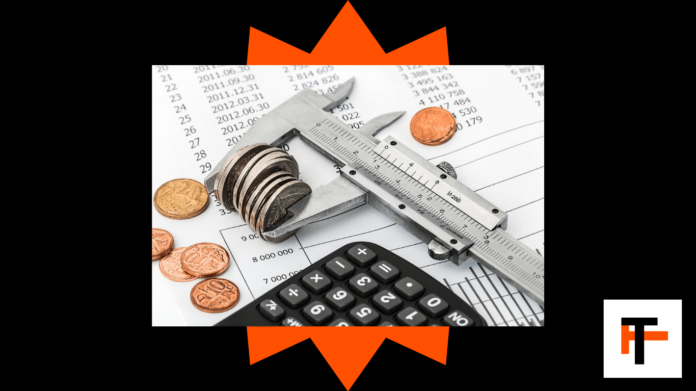According to the most recent StatsSA Quarterly Employment Statistics (QES) release, average salary paid to employees in South Africa is R28 220. These are for those employed. As we know South Africa has one of the highest unemployment rates in the world. Meaning those who do earn salaries often have to take care of others too. And while food and housing costs continue to climb it is ever more important that we take control of our finances.
Expenses
The first place we need to start when creating a monthly budget is to understand our individual spending habits. No two persons’ budget will be the same. Visit your banking app and download your last three month’s Bank Statement for your transaction accounts.
Next, work through your account, line by line, and identify any recurring amounts such as bank fees and any memberships / subscriptions like Netflix, Spotify or Insurance Etc. Before proceeding with your Monthly budget decide if any of your recurring expenses are absolutely necessary or if there are any of them that you could potentially cancel or reduce. This is the quickest way to increase your month-to-month cashflow.
Let’s take a Netflix standard subscription for example, while R159 per month does not sound like much, over the course of a year that’s R1,908. Now I know some people don’t just have Netflix, but Showmax, Prime TV, DSTV and sometimes more.
Now, I’m not saying stop your entertainment, but understand where your money goes to every month, and if there are areas you can save or reallocate funds, then it is worthwhile exploring.
After identifying your recurring payments, review any amounts that are debited from your account which includes interest, usually any Credit Card repayments, or loans such as home loans or vehicle loans. Usually large portions of these amounts which exit your account is interest owed to the institution which loaned you the credit.
Over time, Interest can amount to significant amounts of cash leaving your wallet, reducing your annual income. Pick a loan and start putting extra funds to pay it off as soon as you can, it will lower the interest you pay over time and allow you to improve your cashflow. Every little bit helps, even if it’s just an extra R50 or R100 you can put towards your debts.
Lastly, with expenses you want to review any bank-related charges whether it be service or transaction fees. These can add up depending on your bank account. Depending on how you use you account you could potentially save by switching to an account better suited to your specific needs, however you first need to understand your spending habits.
Creating your Budget
On a spreadsheet you want to list your incomes, before and after tax. Then you should list your recurring expenses, followed by your once off expenditures (this can be a range, for example you could have a set budget for clothing or entertainment).
The objective is to identify the buckets your income goes to. Always start with savings. It is important to have savings, such as an emergency fund. A good practice is to have at least six Month’s living expenses saved up.
The reason savings should go first is because many people skip this step and go straight to their living expenses. In the event they require cash on hand, they may need to take out credit or a personal loan, which usually comes with high interest repayments, and can really impact their monthly cashflow for a long time.
After savings, this is where your living expenses comes in, understand your living expenses, and be sure to budget for it before any other items, as you don’t want to come up short on your rent or home loan repayments.
The next step would be to focus on investments, such a retirement annuities and other investment vehicles in an effort to grow your capital and wealth long term.
Below is an example budget created using the average salary in South Africa right now. Notice We’re using percentages to guide budget allocation. This can be a great method to ensure that each area gets some money allocated to it. Depending on your income level, you may need to adjust percentages to fit your unique circumstances.
Income (Gross): R28 220
Income (Net): R23 722
| Savings | 20% | R4,744 |
| Housing | 30% | R7,116 |
| Debt | 5% | R1,186 |
| Medical | 5% | R1,186 |
| Travel | 15% | R3,558 |
| Food | 5% | R1,186 |
| Clothing | 5% | R1,186 |
| Insurance | 5% | R1,186 |
| Investments | 5% | R1,186 |
| Other | 5% | R1,186 |
The figures above are just for illustrative purposes to help you get an idea on creating your own budget. A financial practitioner should be consulted to assist you create your ideal monthly budget.
Creating and following a monthly budget is can help you stay in control of your finances and set you on the path for achieving your financial goals. Remember to review your bank statements periodically and continuously improve your spending habits. It’s really not easy but the payoff is really worth it in the end.

